Latest News
Top Story
 Mnangagwa birthday event nationalised
Mnangagwa birthday event nationalised President Emmerson Mnangagwa will today mark his 83rd birthday under the banner of Munhumutapa Day, a newly created nati...
Top Story
 Ramaphosa posts explicit videos on X
Ramaphosa posts explicit videos on X President Cyril Ramaphosa's official X account (@CyrilRamaphosa) briefly published explicit videos on Friday during his ...
Top Story
 India dumps US Treasury bills
India dumps US Treasury bills India has reduced its holdings of US Treasury bills over the past year, reflecting a more cautious approach in its centr...
Top Story
 ZSE and VFEX recover after weak 1st half
ZSE and VFEX recover after weak 1st half Zimbabwe's equity markets had a subdued first half of 2025, with the Zimbabwe Stock Exchange (ZSE) shedding 3% in real ...
Top Story
 Gold edges up as traders await guidance
Gold edges up as traders await guidance Gold edged higher as traders weighed the outlook for US monetary policy ahead of a key speech by Federal Reserve Chair J...
Top Story
 Zimbabwe's cattle herd rises to 5,7 million
Zimbabwe's cattle herd rises to 5,7 million Zimbabwe's national cattle herd has grown to 5,7 million, marking a 2% increase from the previous year, despite the twin...
Top Story
 Young Investment Professional (YIP) Graduate Programme 2019
Young Investment Professional (YIP) Graduate Programme 2019 Company Name Investec Asset Management Company Location Cape Town, Western Cape, South Africa Click HEREJob descriptionO...
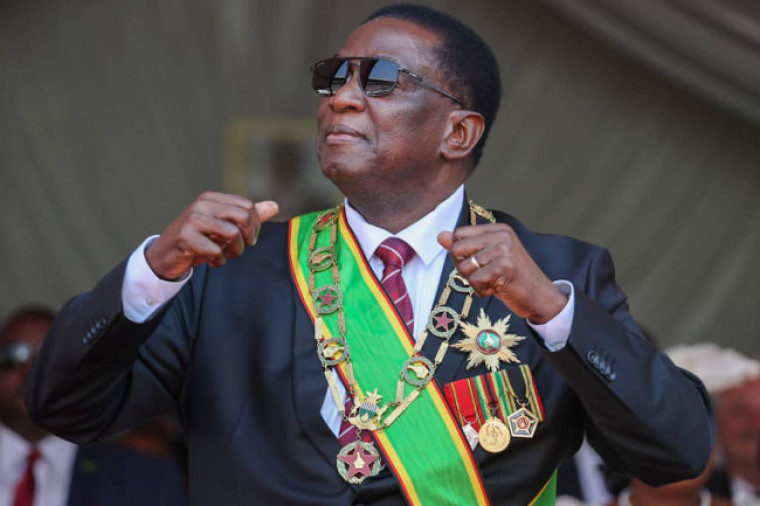


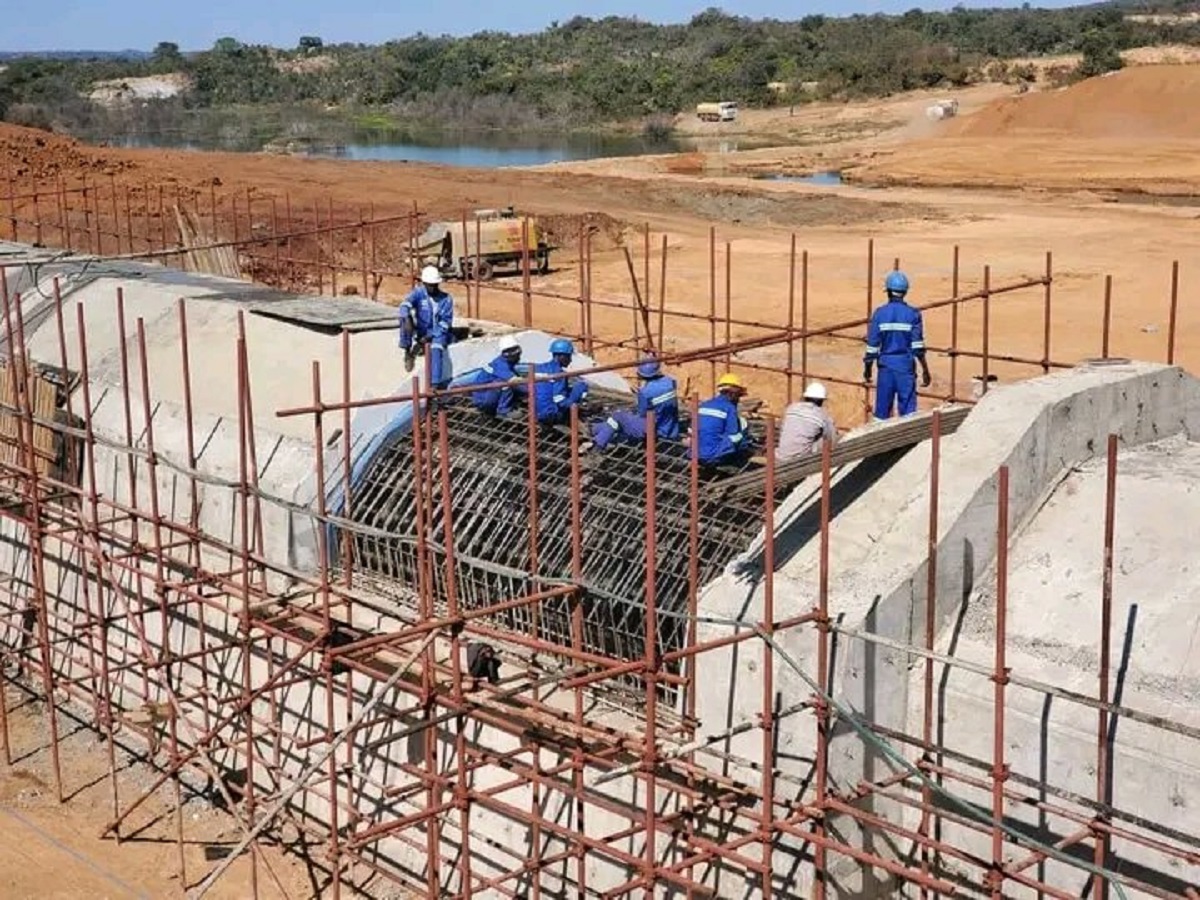

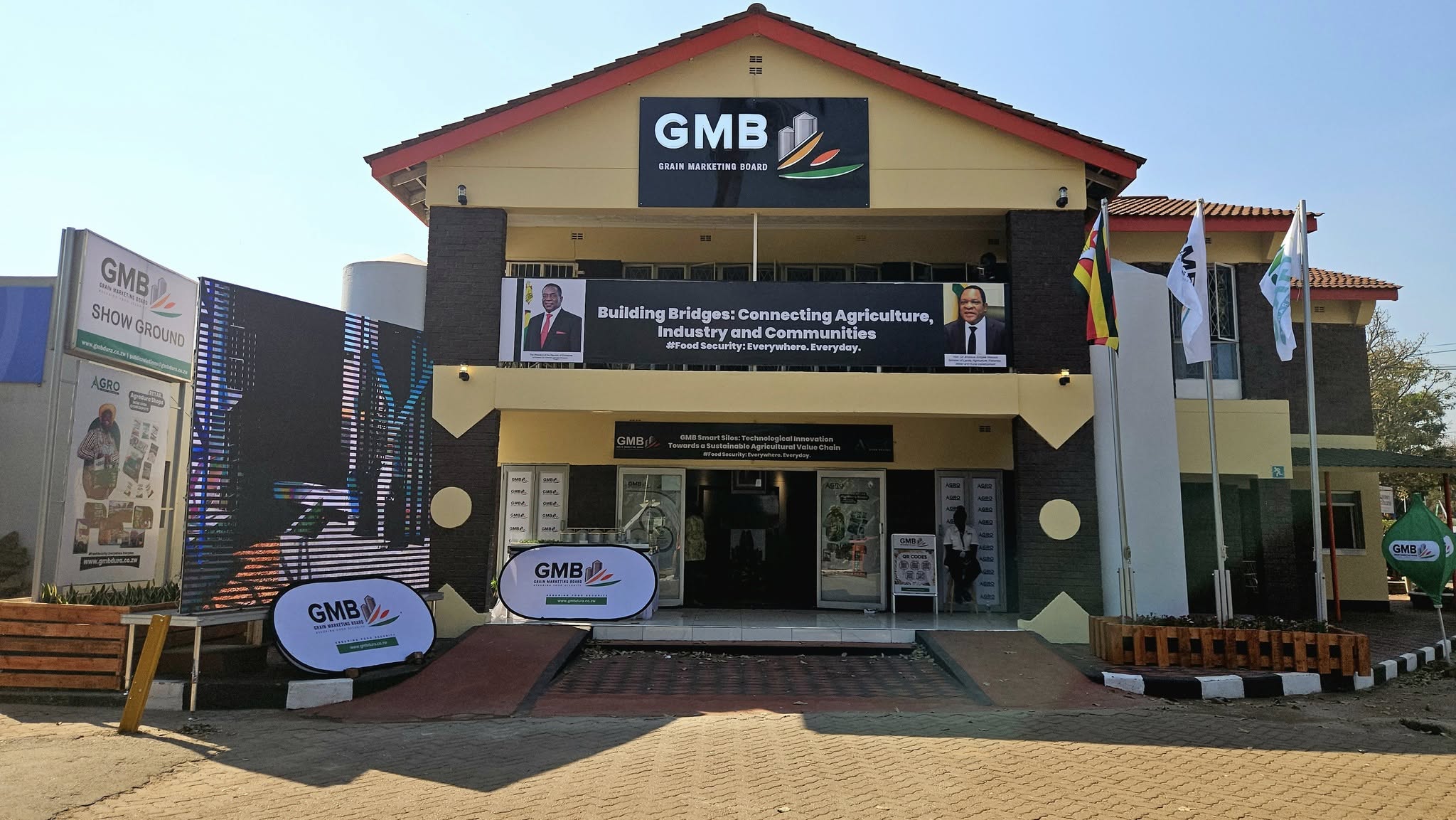
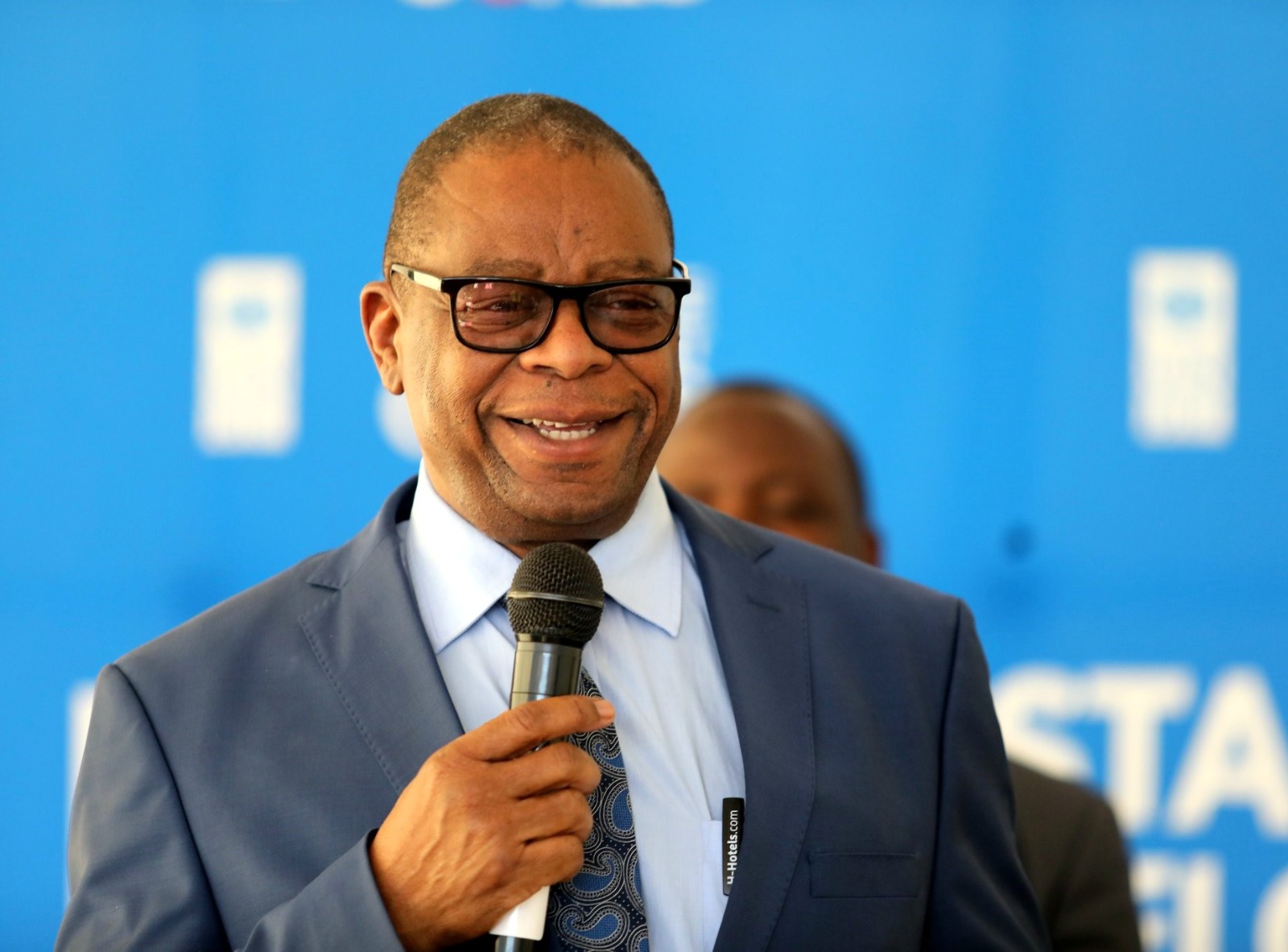

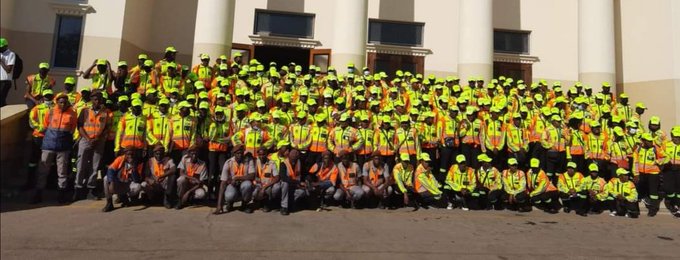

 Young Investment Professional (YIP) Graduate Programme 2019
Young Investment Professional (YIP) Graduate Programme 2019
Editor's Pick